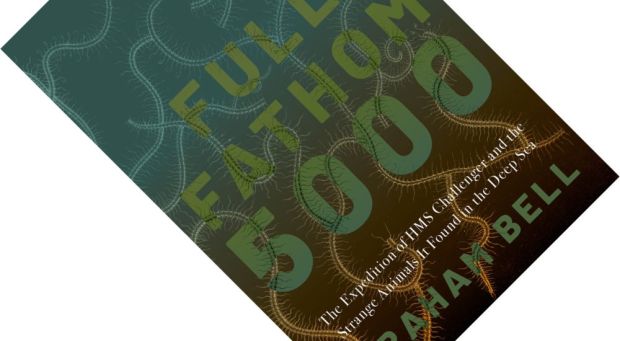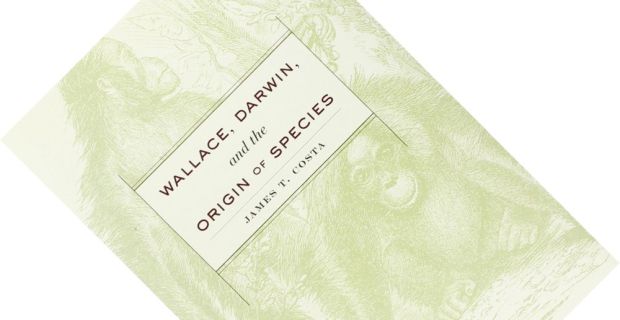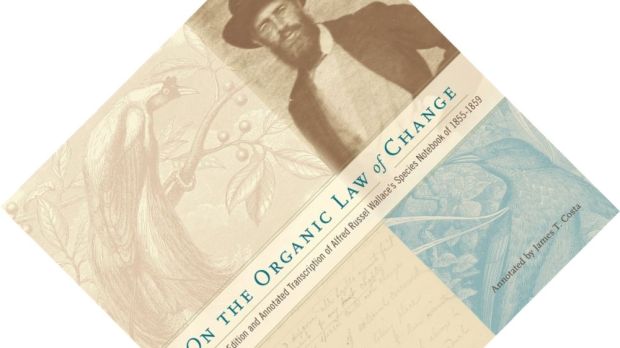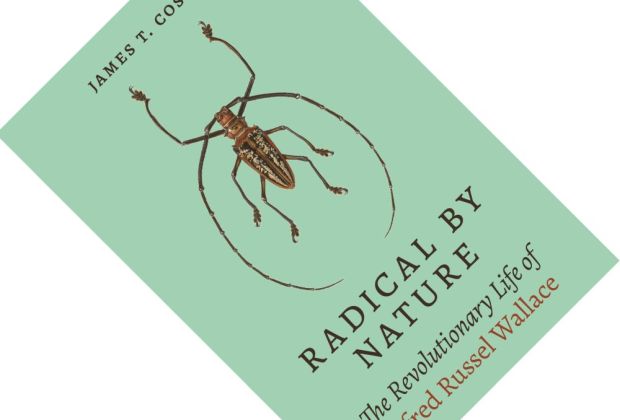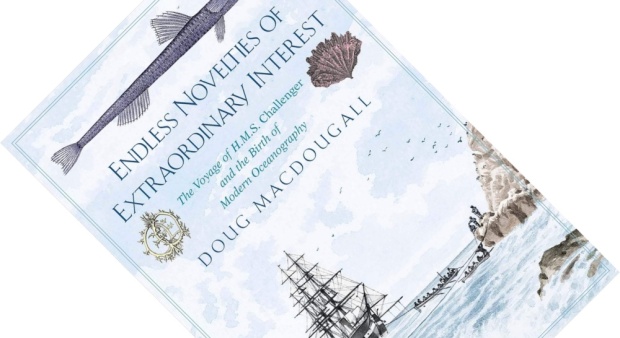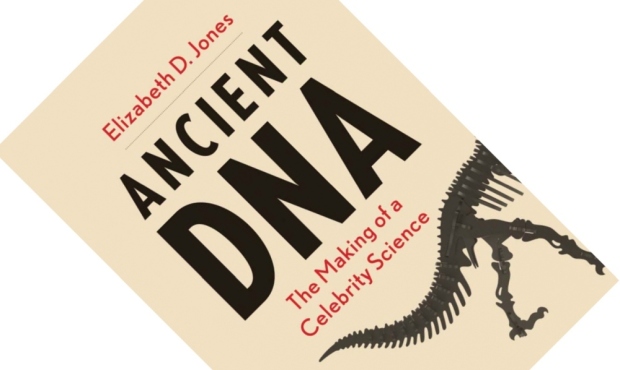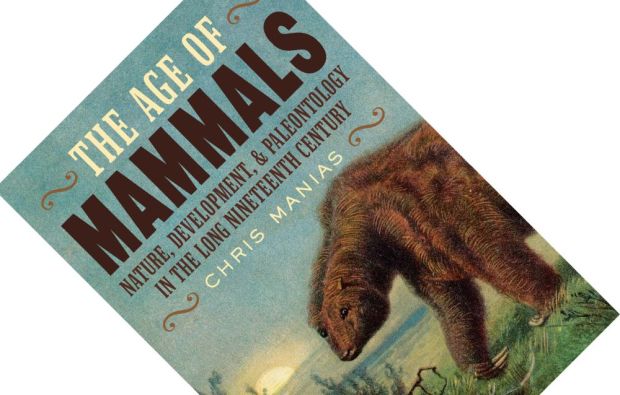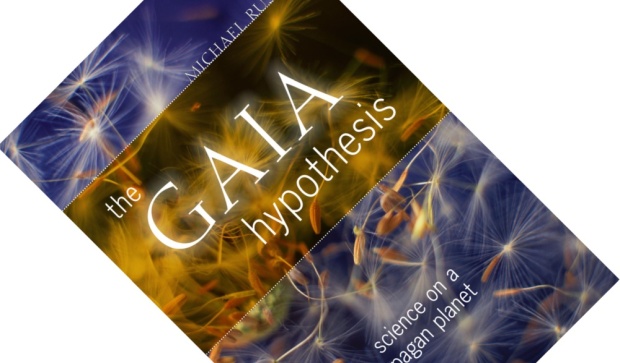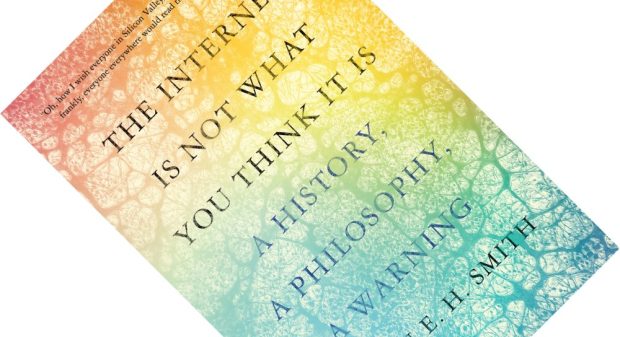8-minute read
keywords: history of science, marine biology, oceanography
The 1872–1876 expedition of HMS Challenger invented the science of oceanography. I previously discussed this remarkable voyage in my review of Doug Macdougall’s Endless Novelties of Extraordinary Interest. Since that book nourished but did not yet sate my curiosity, I vowed to read Full Fathom 5000, a promise I am making good on here. Focusing on the wondrous animals the expedition brought up from the deep, this engagingly written book provides a welcome additional angle.

